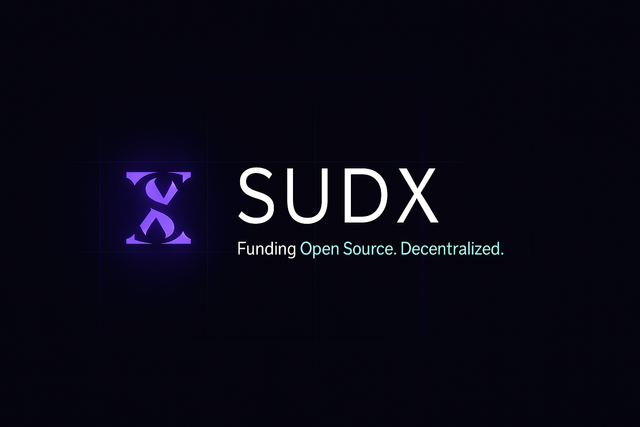Hello, Steemit community!
Our face is our most human identifier. It's how we recognize our friends in a crowd, how we express joy or concern without saying a word, and how we build trust. It feels deeply personal, something uniquely ours. But what happens when that unique identifier becomes just another data point in a massive, searchable database, accessible from a simple smartphone?

A recent report from Wired revealed that US Immigration and Customs Enforcement (ICE) agents are now equipped with mobile facial recognition technology. With a simple photo, an officer can scan a person's face and cross-reference it against millions of records. The goal is efficiency in law enforcement, but it opens a profound debate about privacy, consent, and the ownership of our most personal data.
This isn't science fiction anymore. The convenience of technology is pushing the boundaries of what we consider private. If your face can be scanned and identified without your explicit permission at any moment, do you truly have autonomy over your own identity?
This growing surveillance infrastructure in the physical world highlights a fundamental conflict that the Web3 space has been trying to solve for years. While traditional systems (Web2) centralize our data and identity, often using it in ways we can't control, the philosophy of Web3 is built on a radical alternative: user sovereignty.

Think of your online identity today as living in a rented apartment. You can decorate it, but the landlord (the platform) holds the keys, makes the rules, and can access your space. In the Web3 world, the goal is for you to own the house. Your identity is secured on a blockchain, and you hold the cryptographic keys. No one can access or use your data without your explicit, verifiable consent. This is the core idea behind Decentralized Identifiers (DIDs) and the principle of self-sovereign identity.
At SUDX, this is the future we are building towards. Our protocol is designed to support a more equitable and decentralized open-source ecosystem, and that vision is fundamentally tied to user empowerment. A system where developers can be funded transparently through a DAO is a system that respects the autonomy of its participants. We believe that the same principles of decentralization and user control should apply not just to code and finance, but to our very identity. True innovation cannot thrive in an environment of surveillance; it requires freedom, privacy, and ownership.
What are your thoughts? Is the convenience of technologies like facial recognition worth the price of our privacy, or should we demand more control over our digital selves?
